Intestinal Microbiome: Functional Aspects in Health and Disease —— 88th Nestlé Nutrition Institute Workshop, Playa del Carmen, September 2016
----- 肠道微生物:健康和疾病的功能性方面:第88届雀巢营养研讨会
The intestinal microbiome is especially important during the first thousand days of life. Exposure to microbes in utero significantly impacts fetal development, in part through epigenetic processes and in part through hormonal influences which cause a change in the mother's intestinal microbiome. The nature of delivery and perinatal antibiotic treatment, as well as diet (especially in the postpartum period), can also influence initial microbial colonization and the development of appropriate intestinal defense mechanisms. These, in turn, can affect the expression of allergy, autoimmune disease, and brain function, among other things, later in life. The first part of this publication focuses on the development of the human microbiome in utero and the importance of normal colonization of the newborn gut in immune development and disease prevention. The second section deals with the normal development of gut microbiota and with clinical conditions associated with dysbiosis. The final chapters cover various aspects of human milk evolution and oligosaccharides.
{{comment.content}}
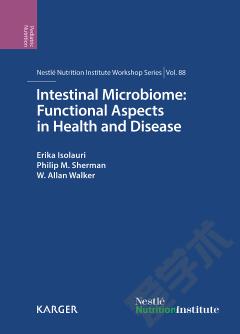
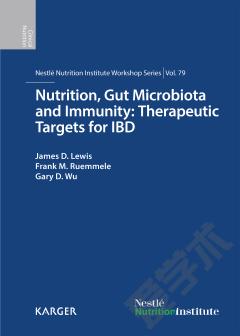
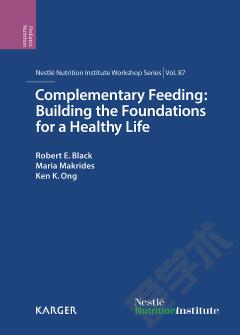
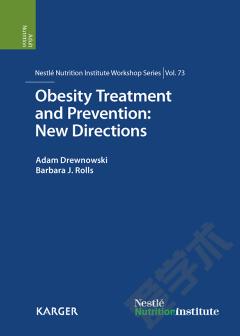
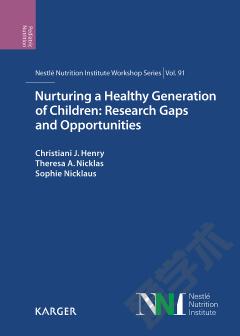
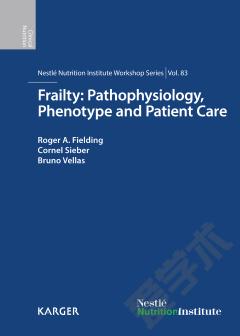
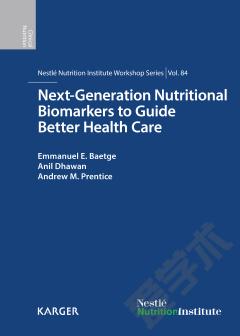

 京公网安备 11010802027623号
京公网安备 11010802027623号